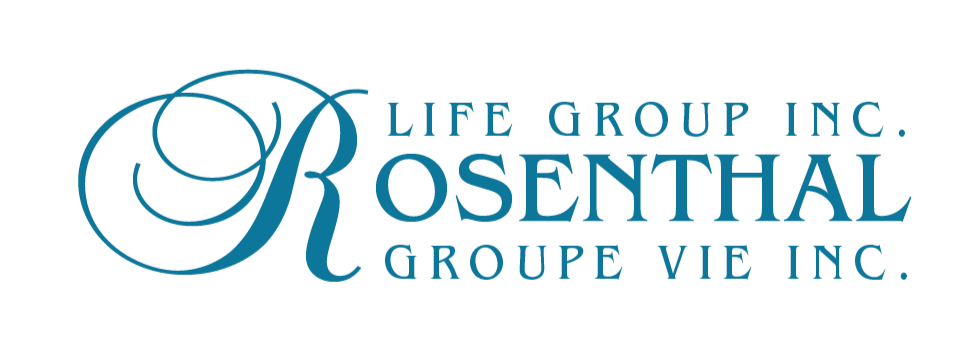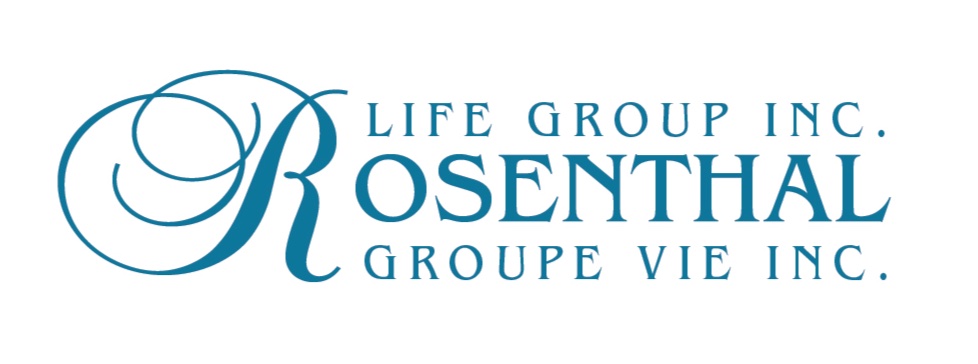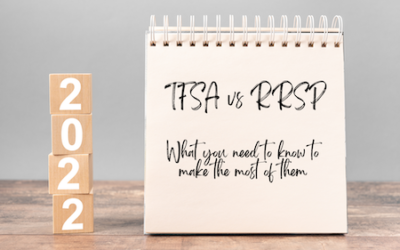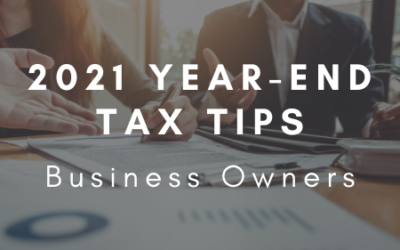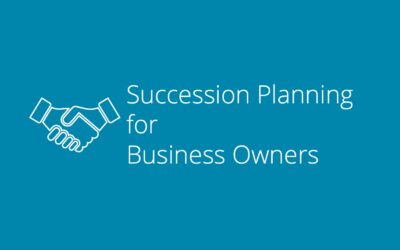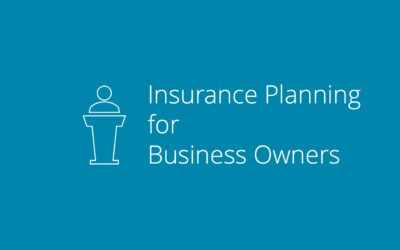10 Essential Decisions for Business Owners
Business owners are busy… they’re busy running a successful business, wearing lots of hats and making a ton of decisions. We’ve put together a list of 10 essential decisions for every business owner to consider.
Do you REALLY need life insurance?
You most likely do, but the more important question is, What kind? Whether you’re a young professional starting out, a devoted parent or a successful CEO, securing a life insurance policy is probably one of the most important decisions you will have to make in your adult life. Most people would agree that having financial safety nets in place is a good way to make sure that your loved ones will be taken care of when you pass away. Insurance can also help support your financial obligations and even take care of your estate liabilities.
TFSA versus RRSP – What you need to know to make the most of them in 2022
TFSAs and RRSPs can be significant savings vehicles. To help you understand their differences, we have put together this article to compare:
– TFSA versus RRSP – Differences in deposits
– TFSA versus RRSP – Differences in withdrawals
Understanding the differences between these two types of tax-advantaged accounts can help you better plan for future purchases and your eventual retirement.
2022 Financial Calendar
Looking for an “at a glance” document covering all the important dates you need to know to stay on track with your financial planning in 2022?
Our 2022 financial calendar (which you can easily bookmark or print out) makes sure you’re always in the loop! It lists important dates, including:
• Payments dates for the Canada Child Benefit, CPP, OAS, and the GST/HST credit.
• When TFSA contribution room starts again.
• Tax filing deadlines.
• Charitable contribution deadlines and the last day to contribute to registered investment accounts.
• When the Bank of Canada interest rate announcements are.
2021 Personal Year-End Tax Tips
The end of 2021 is quickly approaching – which means it’s time to get everything in order, so you’re ready when it comes time to file your taxes.
We’ve broken this article into the following sections to make it easy to find the tax tips you’re looking for:
• Individuals, including details on COVID-19 benefits and important tax credits.
• Investment considerations, including how to best contribute to TFSAs, RRSPs, and RDSPs.
• Families, including how to claim childcare expenses and make the most of RESPs.
• Retirees, including essential details about applying for CPP and OAS.
2021 Year-End Tax Tips for Business Owners
We’re approaching the end of the year, so it’s time to review your business finances. We’ve put together an article highlighting the most critical tax-planning tips you need to know as a business owner.
We’ve focused on:
• How to determine the right salary and dividend mix.
• The best ways to handle compensation.
• How to make sure you can take advantage of the small business deduction.
• What you need to know about depreciable assets and charitable donations.
• How to make the most of Covid-19 relief programs.
Succession Planning for Business Owners
Business owners deal with a unique set of challenges. One of these challenges includes succession planning. A succession plan is the process of the transfer of ownership, management and interest of a business. When should a business owner have a succession plan? A succession plan is required through the survival, growth and maturity stage of a business. All business owners, partners and shareholders should have a plan in place during these business stages.
“Final Pivot” – COVID-19 Emergency Benefits expire October 23rd, replaced by targeted supports
On Thursday, October 22nd, Deputy Prime Minister and Finance Minister Chrystia Freeland announced the “final pivot in delivering the support needed to deliver a robust recovery.” This “Final Pivot” means several existing pandemic support programs for individuals and businesses will expire on October 23rd, 2021:
– Canada Recovery Benefit (CRB)
– Canada Emergency Rent Subsidy (CERS)
– Canada Emergency Wage Subsidy (CEWS)
Insurance Planning for Business Owners
For business owners, making sure your business is financially protected can be overwhelming. Business owners face a unique set of challenges when it comes to managing risk. Insurance can play an important role.
The Key Differences Between a Defined Benefit and Defined Contribution Pension Plan
You may be thinking about offering your employees a pension plan. You have two main choices for pension plans. One is a defined benefit pension plan – this gives your employees a set amount of money when they retire. The other option is a defined contribution pension plan, which offers more flexibility, but no set amount of money during retirement.
There are four key areas you must know about for pension plans:
• Contributions
• Investment Management
• Costs
• Employee Retention
We will walk you through each of these to help give you a better understanding of the differences between the two types of pension plans.
